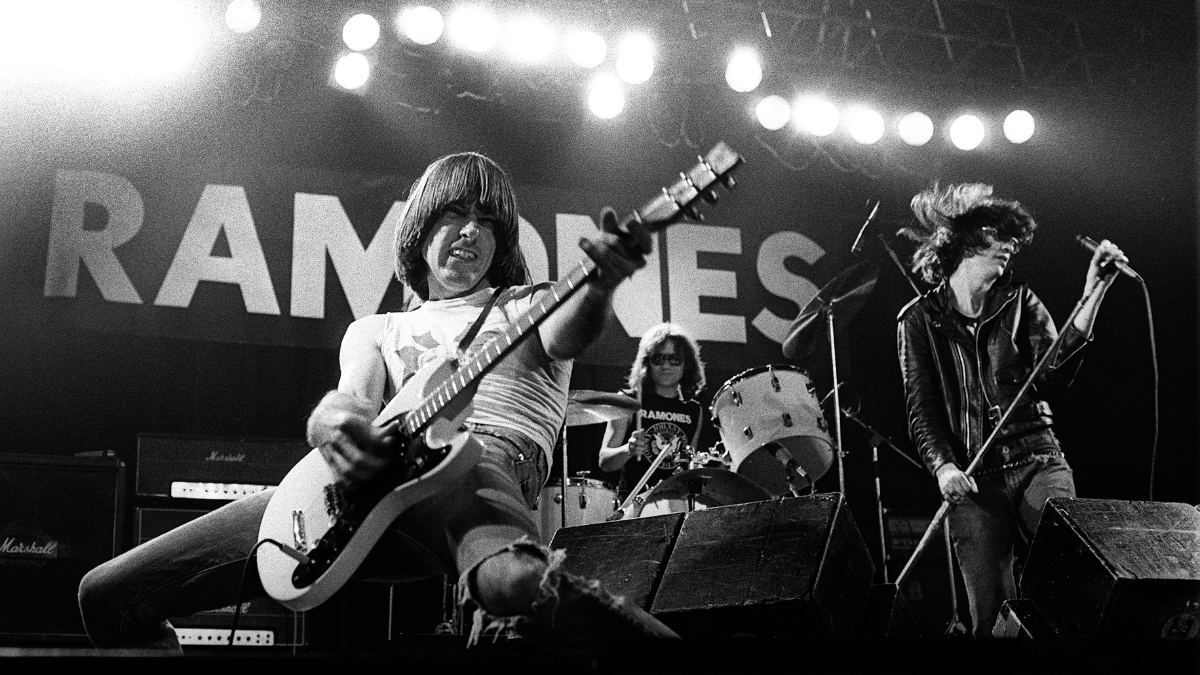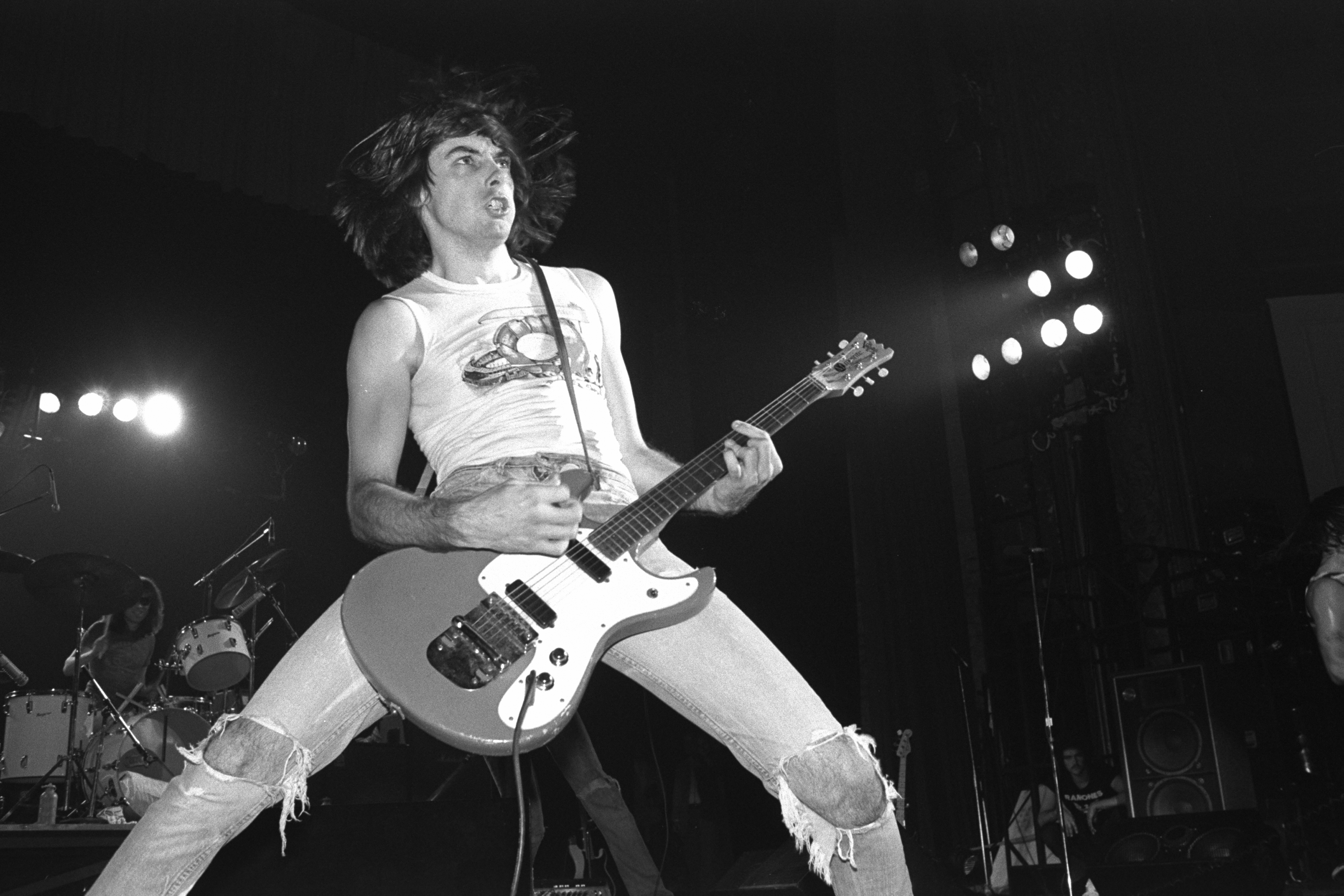“When we were trying out drummers none of them worked out because their drumming just didn’t click in with Johnny’s guitar style”: Tommy Ramone on why Johnny Ramone's playing forced him to switch from managing to drumming
Johnny Ramone’s strumming technique contributed to the lightning-in-a-bottle sound of the band’s debut album

In a recently resurfaced interview with MOJO, the late drummer Tommy Ramone reveals how Johnny Ramone's guitar playing style was the reason he started playing drums with The Ramones. He was originally drafted in as their manager.
“Once I started playing drums with them, we started going for this specific flowing feel. When we were trying out drummers none of them worked out because their drumming just didn’t click in with Johnny’s guitar style,” said Tommy Ramone.
“The style of drumming that was popular at the time just didn’t suit the Ramones. Most people were playing like John Bonham or Carmine Appice; they were incredible drummers, but their use of tom-toms and rolls just didn’t fit with what the Ramones were doing. They would just get confused, that was the problem.”
It was then that Tommy Ramone decided to try playing the drums. “I wanted to lock in with the guitar and try and get a forward momentum going.” While most people assume that the drums and bass have to lock in, in The Ramones' case, it was more of the drums and the guitar.

“I locked in with Johnny, and Dee Dee’s bass was the underpinning of it all. Johnny had this very flowing thing because of his strumming technique.”
Early guitar influences on The Ramones' first record, Ramones, included LA rock band Love. “Arthur Lee and the guitar player Bryan MacLean had a choppy sound that Johnny liked. Johnny was also influenced by Mick Ronson’s work on Ziggy Stardust.”
However, as Tommy Ramone put it, “once he [Johnny Ramone] started playing he couldn’t help but sound like himself.”
All the latest guitar news, interviews, lessons, reviews, deals and more, direct to your inbox!
The Ramones' eponymous debut album was released in 1976 exactly 48 years ago. Despite its low budget and under-30-minute tracklist, it became one of the most influential pioneering punk albums.
“That record was really the sum of all our tastes: we liked eccentric music, we liked pop music, we liked very heavy music.
“Some of the things are not 100 percent what we were aiming for. But, overall, it worked out because that album was totally unique in its sound. In a strange way, it’s a lo-fi work of art.”
Janelle is a staff writer at GuitarWorld.com. After a long stint in classical music, Janelle discovered the joys of playing guitar in dingy venues at the age of 13 and has never looked back. Janelle has written extensively about the intersection of music and technology, and how this is shaping the future of the music industry. She also had the pleasure of interviewing Dream Wife, K.Flay, Yīn Yīn, and Black Honey, among others. When she's not writing, you'll find her creating layers of delicious audio lasagna with her art-rock/psych-punk band ĠENN.

